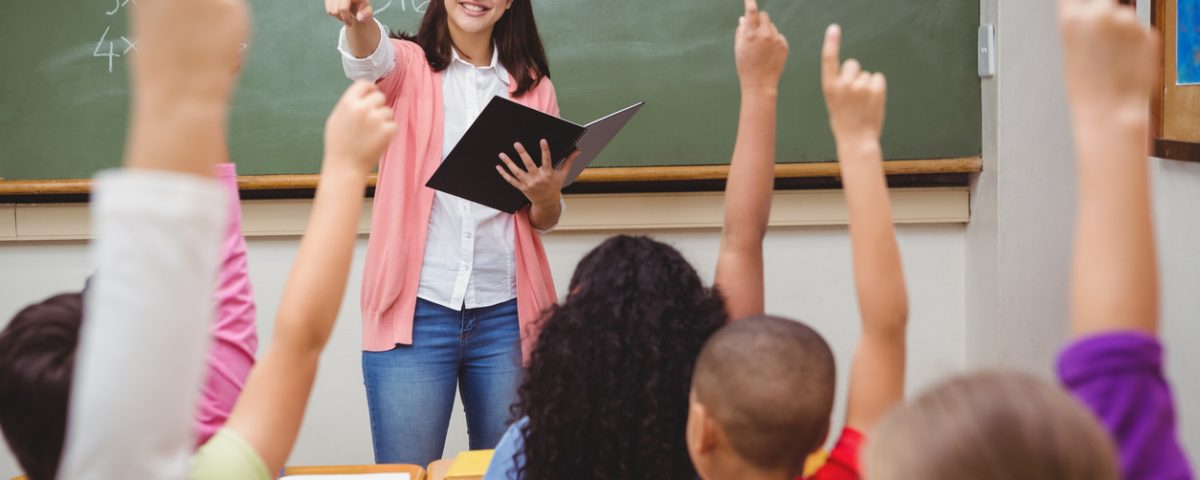How Teachers Can Prepare Kids to Return to School

Should Teachers Take Firearms Training?
July 25, 2022
Excelling as a Special Education Teacher
August 8, 2022How Teachers Can Prepare Kids to Return to School
There are several ways for teachers to prepare kids to return to school and help them adjust and excel in their studies. Returning to school is always stressful for all involved, but recent events add another layer of anxiety. However, attending school should still be a rewarding and fun experience. Teachers have a unique opportunity to stabilize their students in a world of uncertainty. Planning ahead and working directly with parents is the key to creating this nurturing classroom atmosphere.
Stay Flexible
It is not the easiest to prepare kids to return to school. Unfortunately, the novel coronavirus is still a concern for schools, and new variants can emerge anytime. Teachers must remain flexible with their lesson plans, as they may need to pivot to virtual classrooms depending on public health recommendations. While providing emotional and educational support online is more challenging than in person, teachers can rise to the occasion by developing virtual classroom management strategies before the shift occurs.
Set a Classroom Routine
Routines provide stability since children know what to expect from their day. While the first day of school is always a little scary, students will soon fall into a familiar pattern. While creating the routine, teachers should remember to include small moments of fun. Structured education is essential for kids, but they also need little things to look forward to throughout the day.
Communicate Openly With Parents
Parents have an equally — if not more — important role in supporting their children’s return to school. Educators should work with parents toward kids’ well-being. For example, they can open a dialogue about students’ struggles and how they’re addressing them. Additionally, educators should mention the good times — parents should know if kids are excelling or improving.
Anticipate Anxiety
No matter how smoothly kids transition back to school, there’s bound to be some anxiety. Teachers should recognize this as a normal emotional response. Additionally, instructors can teach kids coping mechanisms, allowing students to calm themselves when anxiety gets overwhelming:
• Distract themselves with a toy
• Run around outside
• Take deep, slow breaths
Be Honest With Kids
Children are perceptive; they can pick up adults’ negative feelings even if they don’t know what’s wrong. While hiding scary news may seem like a way to protect kids, this tactic can breed distrust in authority figures. Instead, educators should be as honest with their students as possible.
Of course, it’s essential to phrase things in terms kids can understand. For example, kindergarteners won’t realize what a global pandemic is, but they know they feel bad when they’re sick. Instructors can lead open discussions about current events by tailoring hard conversations to students’ maturity levels.
Encourage Kids To Express Their Emotions
Finally, students should have opportunities to acknowledge and work through their emotions — good and bad. While kids need to learn how to behave appropriately in school, that shouldn’t mean ignoring their feelings. Instead, educators should encourage students to explore their emotions healthily. Educators Liability and Employment Practices can help protect you from any issues that may arise and ensure teachers and students have the best care.
About PGUI
Professional Governmental Underwriters, LLC., is a full-service risk management company dedicated to assisting public, educational and non-profit entities in the management of their professional liability exposures including educators liability insurance. We are dedicated to providing state-of-the-art professional underwriting management and loss control advisory services on behalf of our designated carriers. For more information, call us toll-free at (800) 586-6502.


